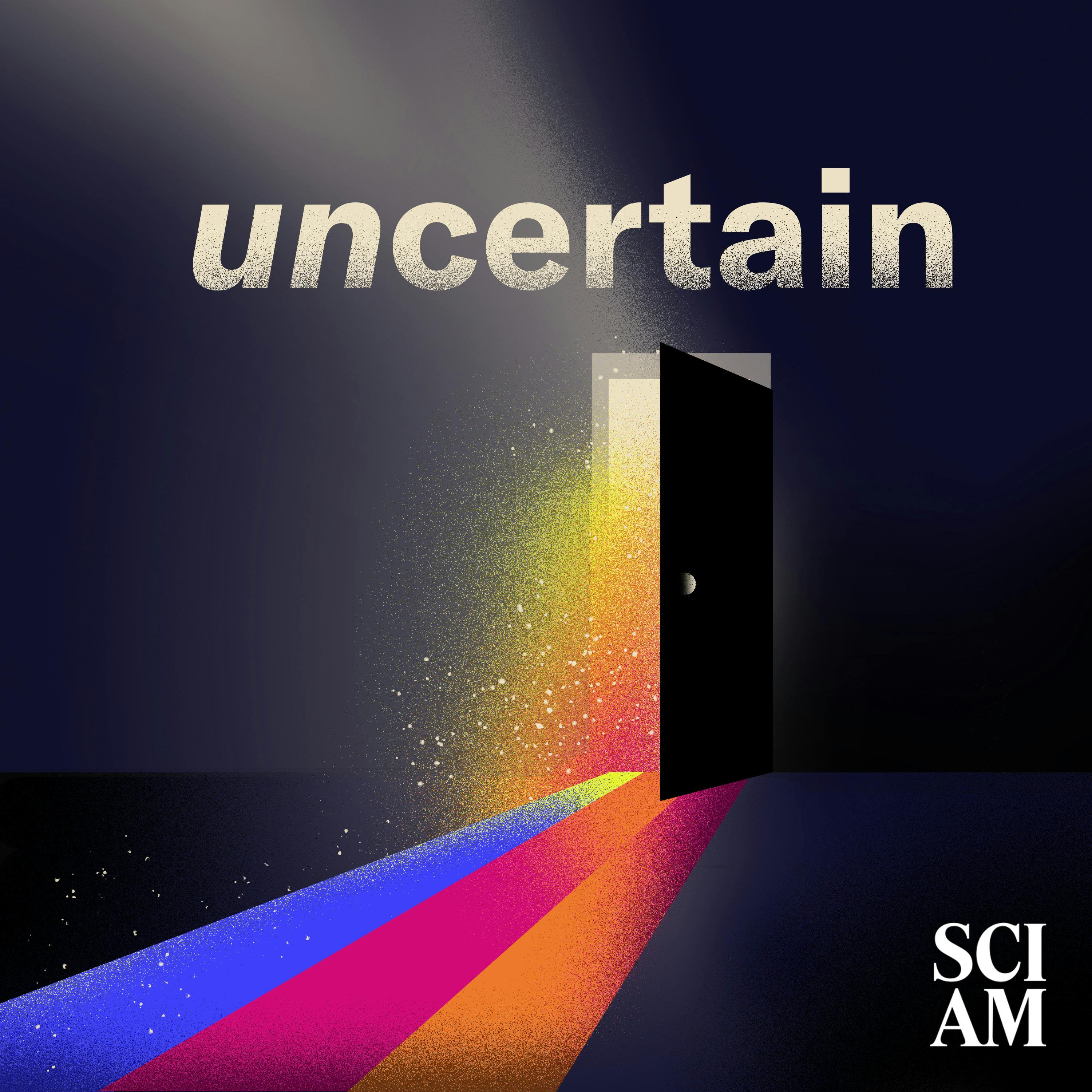

Science Talk
Scientific American
Science Talk is a podcast of longer-form audio experiments from Scientific American--from immersive sonic journeys into nature to deep dives into research with leading experts.
Episodes
Mentioned books

Mar 14, 2020 • 15min
Coronavirus Hot Zone: Research and Responses in the U.S. Epicenter
Scientific American contributing editor W. Wayt Gibbs reports from the U.S. epicenter of the coronavirus outbreak: Kirkland, Wash. In this installment of our ongoing series, he talks with researchers about the efforts to create vaccines and treatments and the challenges the outbreak poses to cancer patients and others who are immunocompromised.
Learn more about your ad choices. Visit megaphone.fm/adchoices

Mar 10, 2020 • 18min
Coronavirus Hot Zone: The View from the U.S. Epicenter
Scientific American contributing editor W. Wayt Gibbs reports from the U.S. epicenter of the coronavirus outbreak: Kirkland, Wash. In this first installment of an ongoing series, he looks at why children seem to weather this disease better than adults and the complicated issue of shuttering schools. Learn more about your ad choices. Visit megaphone.fm/adchoices

Mar 8, 2020 • 35min
The New Cosmos: A Conversation with Ann Druyan
Emmy and Peabody Award–winning science writer, producer and director Ann Druyan talks about Cosmos: Possible Worlds, the next installment of the Cosmos series.
Learn more about your ad choices. Visit megaphone.fm/adchoices

Feb 27, 2020 • 23min
Advancing Efforts in Disease Interception
Ben Wiegand, global head of the World without Disease Accelerator at Janssen, the Pharmaceutical Companies of Johnson & Johnson, talks about efforts to prevent a disease or to identify it in its earliest stages for more effective treatments. Learn more about your ad choices. Visit megaphone.fm/adchoices

Feb 12, 2020 • 25min
Kirk, Spock and Darwin
Duke University evolutionary biologist Mohamed A. F. Noor talks about his book Live Long and Evolve: What Star Trek Can Teach Us about Evolution, Genetics, and Life on Other Worlds.
Learn more about your ad choices. Visit megaphone.fm/adchoices

Jan 30, 2020 • 41min
How to Make a Mass Extinction
Journalist and author Peter Brannen talks about his book The Ends of the World: Volcanic Apocalypses, Lethal Oceans, and Our Quest to Understand Earth’s Past Mass Extinctions.
Learn more about your ad choices. Visit megaphone.fm/adchoices

Nov 21, 2019 • 39min
Air Pollution: An Unclear and Present Danger
Journalist and author Beth Gardiner talks about her new book Choked: Life and Breath in the Age of Air Pollution. And CRISPR pioneer Jennifer Doudna talks about gene editing.
Learn more about your ad choices. Visit megaphone.fm/adchoices

Nov 11, 2019 • 35min
150 Years of the Journal Nature
Nature is arguably the world’s most prestigious scientific journal. Editor in chief Magdalena Skipper spoke with Scientific American’s acting editor in chief Curtis Brainard about her journal as it celebrates its 150th anniversary.
Learn more about your ad choices. Visit megaphone.fm/adchoices

Oct 9, 2019 • 17min
Lithium-Ion Battery Creators Win Chemistry Nobel Prize
John B. Goodenough, M. Stanley Whittingham and Akira Yoshino share the 2019 Nobel Prize in Chemistry “for the development of lithium-ion batteries” that have led to portable electronic devices that are rechargeable virtually anywhere on the planet.
Learn more about your ad choices. Visit megaphone.fm/adchoices

Oct 7, 2019 • 24min
How Cells Sense Oxygen Levels: Nobel Prize in Physiology or Medicine
William Kaelin, Jr., Peter Ratcliffe and Gregg Semenza share the 2019 Nobel Prize in Physiology or Medicine “for their discoveries of how cells sense and adapt to oxygen availability.” New therapies for cancer and conditions such as anemia are in the pipeline, based on these discoveries.
Learn more about your ad choices. Visit megaphone.fm/adchoices


